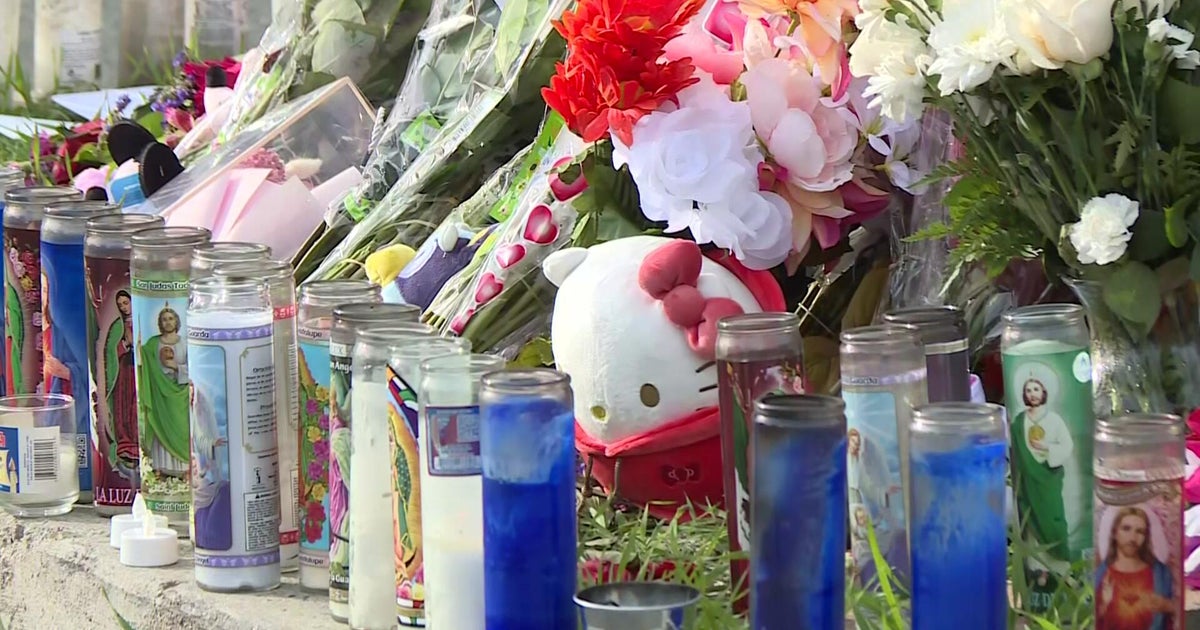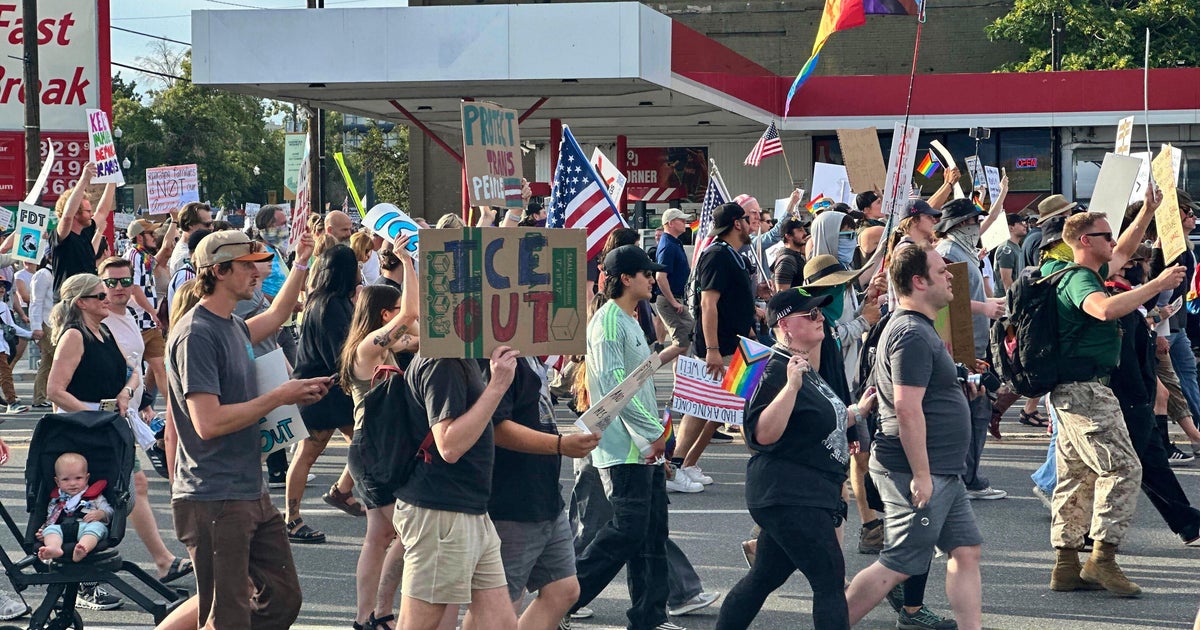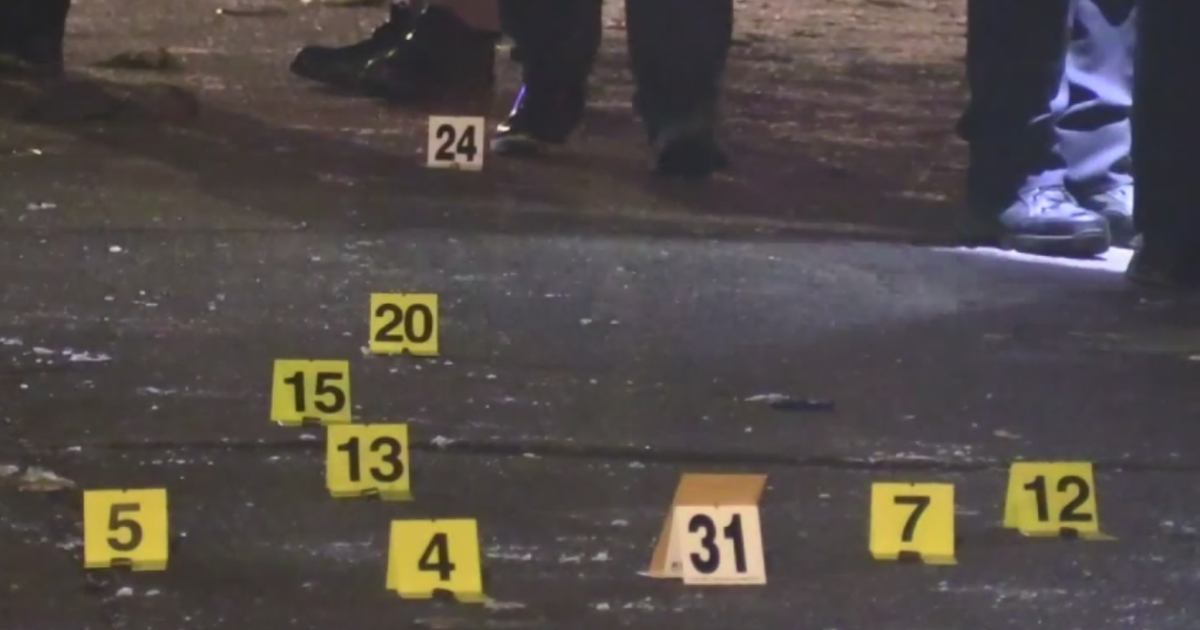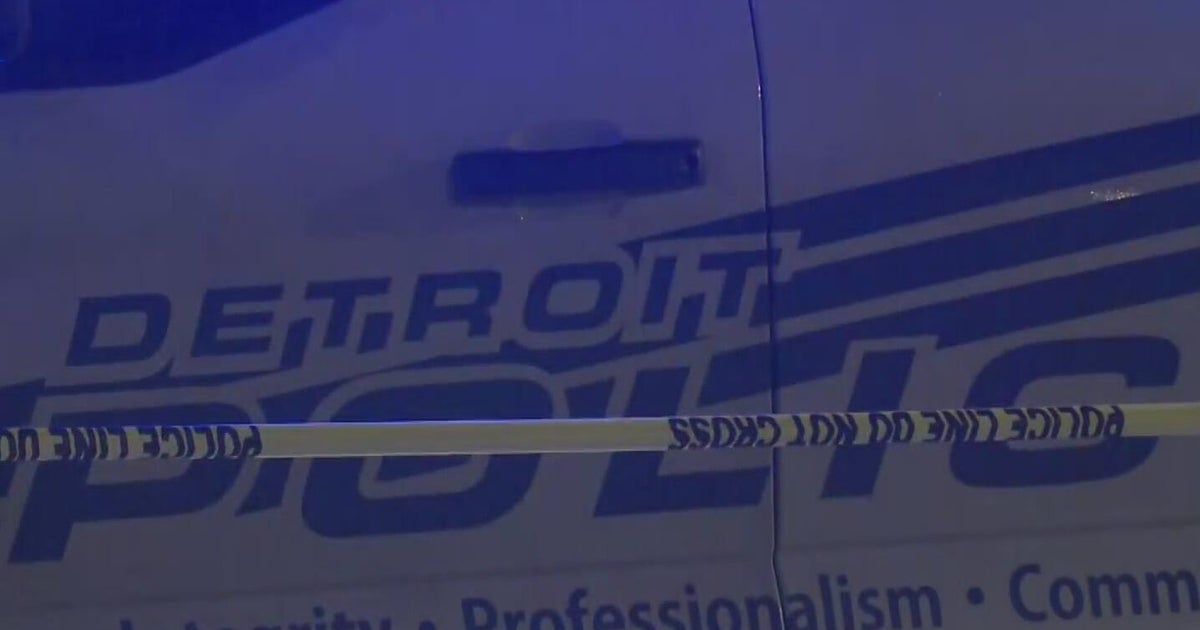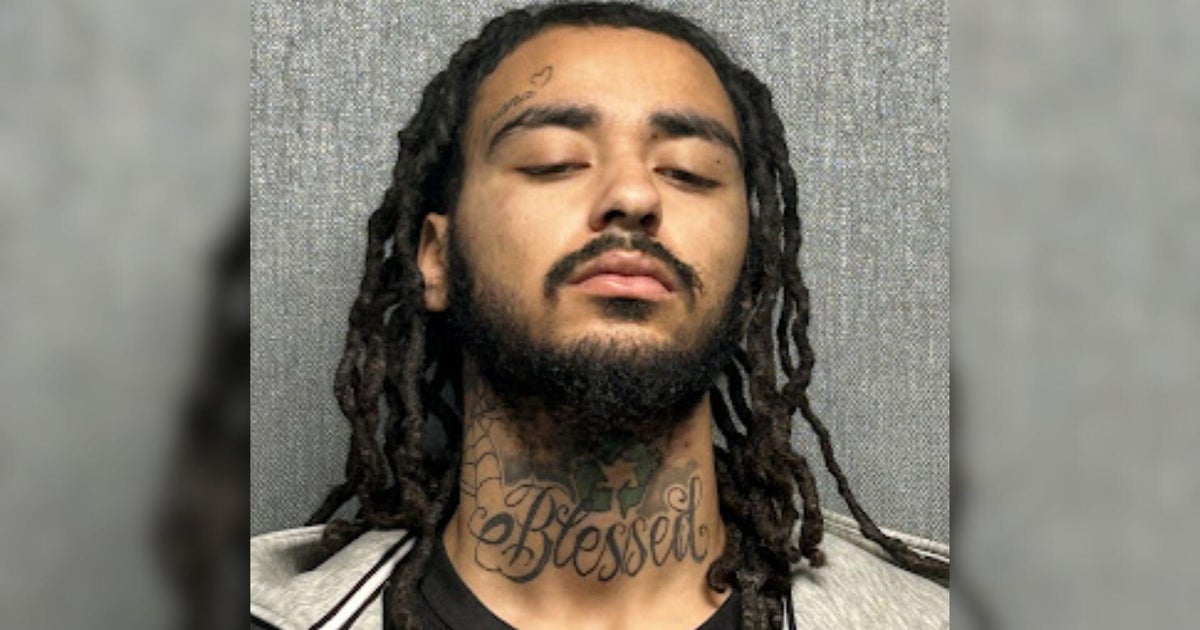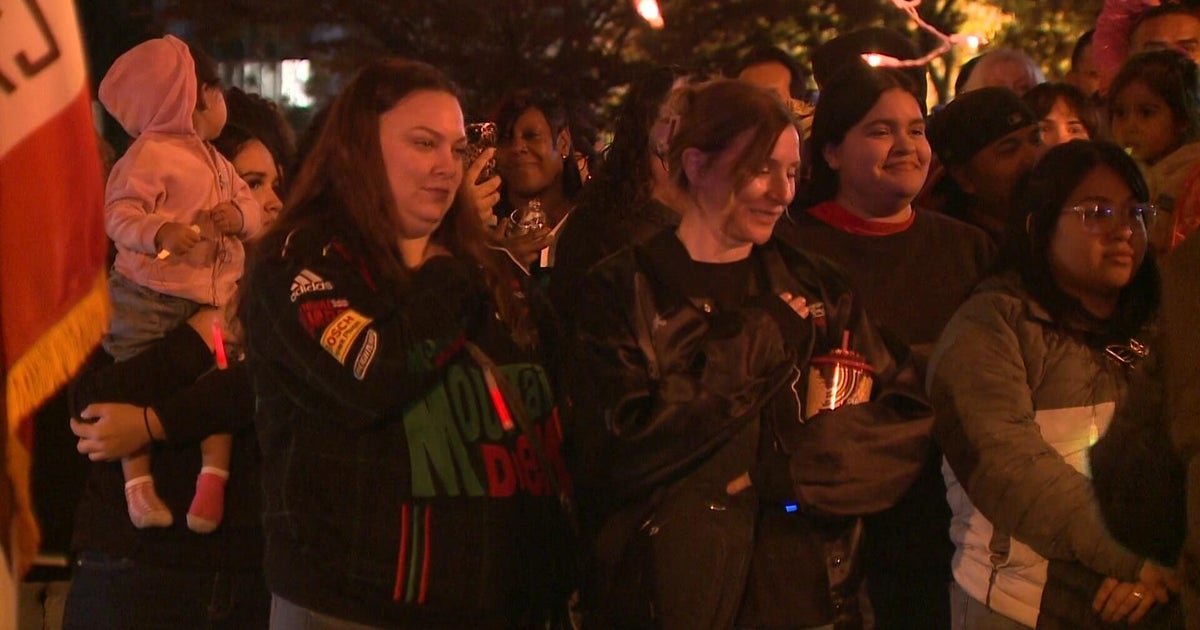Dad of Sandy Hook victim says he "shamed" big tech companies to fight conspiracy theories
The father of a 2012 Sandy Hook shooting victim is telling CBS News about his fight against misinformation after a major legal ruling against a man who called the mass shooting a hoax. A Wisconsin jury ordered James Fetzer, who co-wrote the book "Nobody Died at Sandy Hook," to pay $450,000 for defaming Pozner.
Lenny Pozner said he's been forced to move at least a half dozen times since the death of his 6-year-old son, Noah, one of 20 children and six adults killed in the in Connecticut. He said he's received at least dozens of death threats.
While still grieving, Pozner faced a new shock, as strangers claimed the shooting had never really happened. He said he found "talk of conspiracy theories, the talk of crisis actors, the talk of a staged event to take away people's gun rights" online.
"Most people probably would have just walked away. And you didn't," "CBS This Morning" co-host Tony Dokoupil said.
"I never thought I had the option to walk away," Pozner responded. "Because that was my life now… the father of a murdered child. And the name associated to an online conspiracy theory."
Pozner funneled his anger into action, asking social media platforms to take down the posts – at first with little luck.
"Most of the time, there was an automatic, robotic response," he recounted, adding, "It never even got to a person."
But in the years since, this unlikely activist has not only succeeded for himself, he's helping others through his organization, HONR Network. Volunteers keep an eye on the internet, protecting victims of tragedy, cyberstalking and harassment – people like Andy Parker.
After his daughter, Alison, was shot to death on live TV in 2015, conspiracy theorists re-posted the video again claiming it was a fake. "I felt sick," Parker said. Parker contacted YouTube to get the videos taken down.
"I thought I could do it just, you know, one time and be done with it. And they said, 'No, you have to do it for each video,'" Parker said.
"It's tantamount to saying, watch your daughter's murder and then tell us why—over and over again—and then tell a robot why this needs to come down. That's essentially what they told me to do," Parker said.
But Pozner had a better idea: he helped Parker get the rights to the video, allowing him to force their removal in bulk, on copyright grounds. It worked.
"It was just a matter of who can help me with this? And I knew it was Lenny," Parker said.
Since Pozner began his fight, many large tech companies have updated their policies on harassment.
"So what role do you think you've personally played in getting Facebook, and Google, and YouTube, and WordPress to change their policies?" Dokoupil asked.
"I think that had I not shamed them publicly using the press, that none of that would have happened in the way that it has happened," Pozner said.
In confronting misinformation, Pozner has also changed minds.
Dave Gahary's company published James Fetzer's book, "Nobody Died at Sandy Hook," which prompted Pozner to sue. But Gahary had a revelation as Pozner spoke at a deposition.
"I'm listening to him and I decided-- I determined that what he was saying was authentic. And I wanted to do what I could do to not contribute to the negative things that he's experiencing," Gahary said.
Gahary settled the case, and now Fetzer is on the hook for a $450,000 verdict in Wisconsin. Pozner said his work is just getting started.
"This has become my life's work," Pozner said.
"Does it still feel good when you get something taken down?" Dokoupil asked.
"It feels right," Pozner responded.
Pozner is also suing internet personality Alex Jones for defamation for spreading false information about the Sandy Hook shooting. Jones' attorneys are using free speech arguments to try to get the case dismissed. In recent weeks, the courts have allowed similar cases against Jones to proceed.
In a statement, a Facebook spokesperson told CBS News: "Following Sandy Hook, Lenny was one of the people who sent us questions and concerns. In the wake of an unthinkably tragic experience, his feedback helped effect change in our policies on bullying and harassment."
Twitter responded to our request for comment by providing this clarification on their rules: "Under our abusive behavior policy we do prohibit anyone targeting another person with content that denies that a violent event happened, where there was significant loss of life and we can verify that the event happened as is the case here.... We know this is not perfect, and continue to do everything we can to make this a less difficult experience for Lenny and the families of other victims."
CBS News agreed not to show what he looks like for his own protection.

